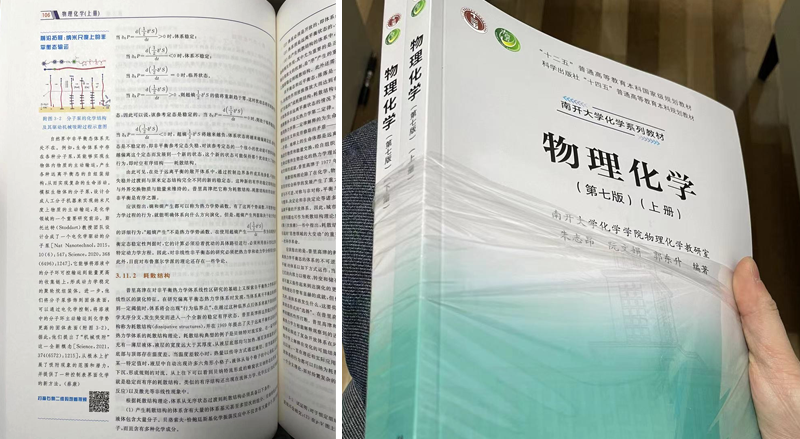In a recent milestone for the field of physical chemistry, mechanisorption has been incorporated into an undergraduate textbook, Physical Chemistry I (7th Edition), published by China Science Publishing & Media Ltd. This groundbreaking adsorption mechanism, discovered by Dr. Liang Feng and his collaborators on the molecular machine team in the Stoddart Group at Northwestern University, has impacted significantly the scientific community’s understanding of adsorption processes and their applications.
Mechanisorption, a non-equilibrium adsorption process, allows for the transfer of molecules from low-concentration solutions to highly concentrated surfaces. This innovative mechanism has led to the development of a new class of high-energy materials for molecule and energy storage, paving the way for more efficient and sustainable solutions in various sectors. Since its discovery, mechanisorption has shown its potential to revolutionize approaches to methane and hydrogen storage, carbon capture, and water remediation in active non-equilibrium systems. Its inclusion in an undergraduate physical chemistry textbook highlights the importance and relevance of this discovery in modern scientific education.
The decision to incorporate mechanisorption into the curriculum is expected to inspire the next generation of scientists to explore novel materials and mechanisms that address pressing global challenges in energy, climate, and sustainability. As students gain a deeper understanding of mechanisorption and its applications, they will be better equipped to contribute to advancements in these crucial fields.
See our previous coverage of this discovery published on Science:
Pictured below – The Textbook Physical Chemistry I with Mechanisorption Included:


